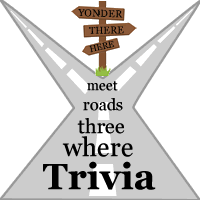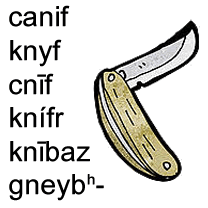Mulled beverages, such as wine, seem to be quite popular at this time of year, at least in the UK. To mull wine, or other beverages, you add spices and maybe fruit, and heat it up. Is this a thing in other countries?
According to The Online Etymology Dictionary, mull in the sense of mulled drinks was first used in writing in English in about 1600, and possibly comes from Dutch word mol – a kind of white, sweet beer, or from the Flemish molle – a kind of beer, and related to words for “to soften”.
The word mull, as is in to mull something over, is probably a version of mill (to grind), from the Old English mylen (a mill), from the Proto-Germanic *mulīnō / *mulīnaz (mill), from Late Latin molīnum / molīnus (mill), from molō (to grind, mill) [source].
A mull, as in the Mull of Kintyre, comes from the Scottish Gaelic word maol (bare, bald, rounded promontary), from the Old Irish máel (bald, hornless, blunt), from the Proto-Celtic *mailos (bald, bare) [source].






